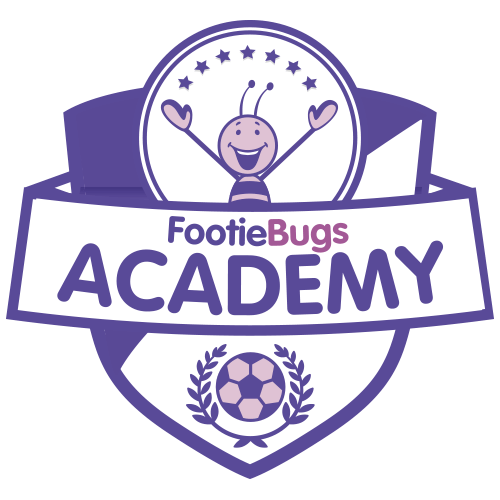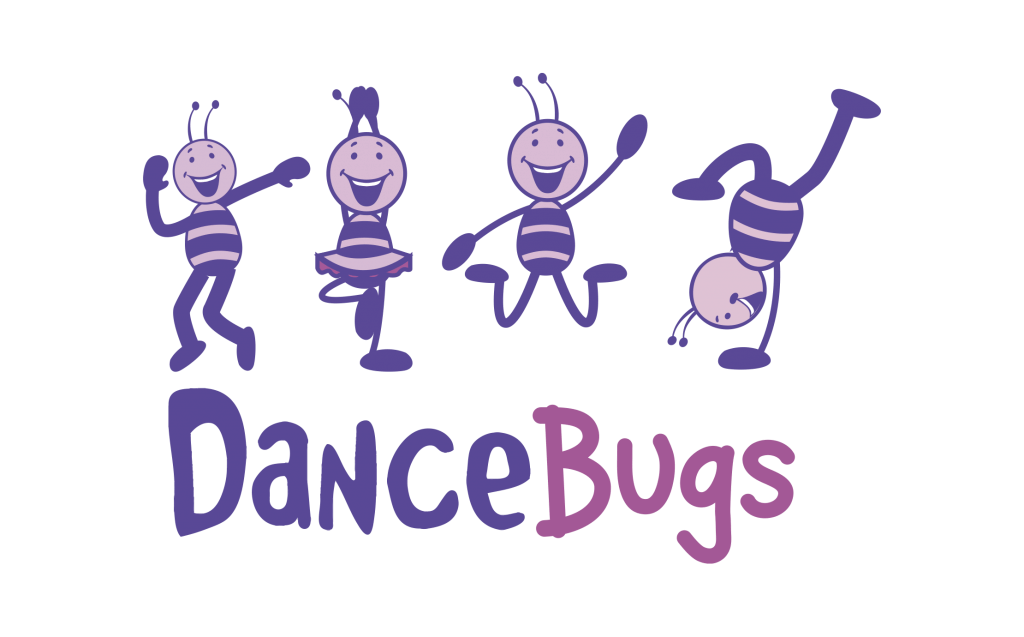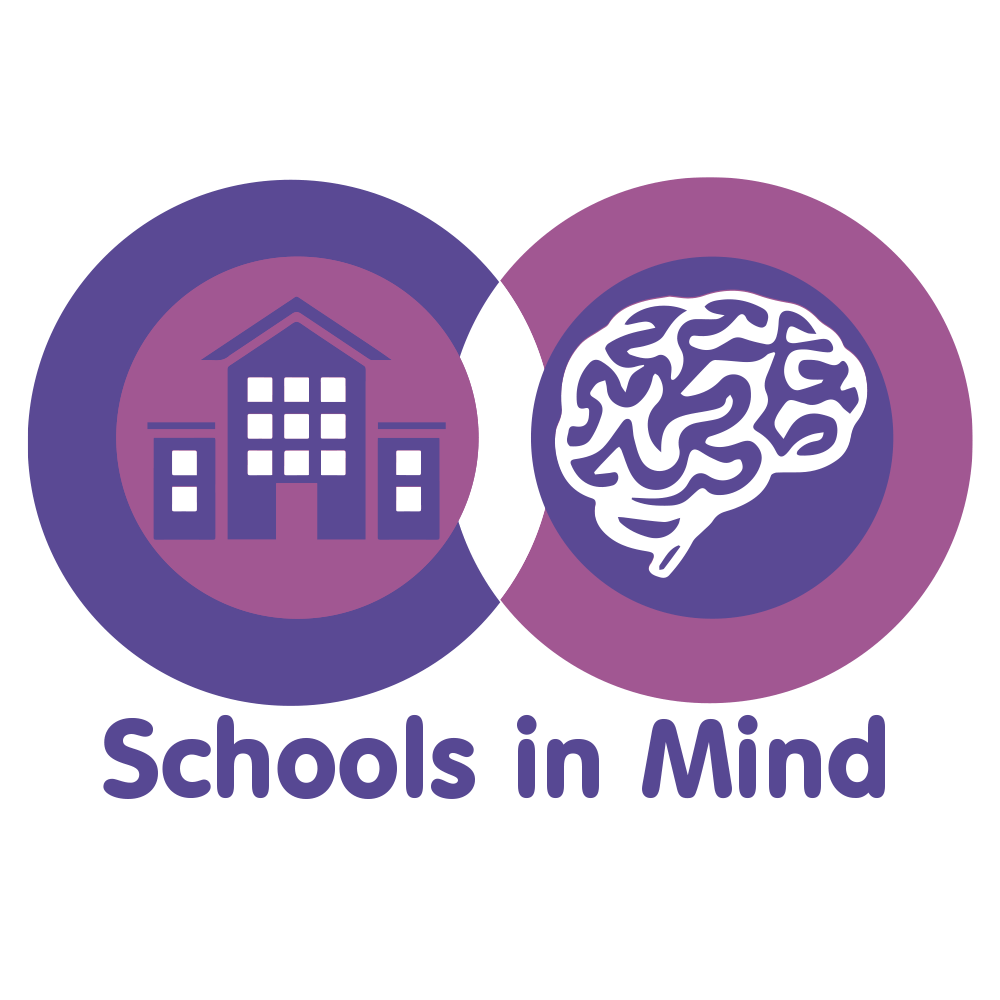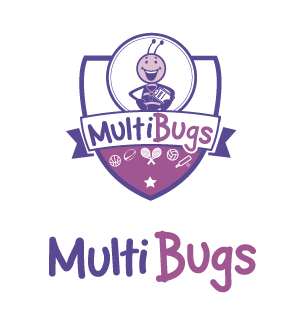Mental Health Awareness Week serves as a powerful platform to shed light on the significance of mental well-being and create a supportive environment for individuals of all ages. This year, the spotlight shines on childhood anxiety, recognising the unique challenges and importance of nurturing young minds. In this blog, we will explore the theme of anxiety in children, understanding its impact, and discovering ways to provide support and guidance during Mental Health Awareness Week.
Understanding Childhood Anxiety: Childhood anxiety is a widespread and often misunderstood mental health condition that can affect children of all ages. It goes beyond the normal worries and fears associated with growing up and can significantly impact a child’s emotional well-being, social interactions, and overall development.
Common forms of childhood anxiety include generalised anxiety disorder, separation anxiety disorder, social anxiety disorder, and specific phobias.

Recognising the Signs:
Recognising the signs of anxiety in children is crucial for early intervention and support. Children may exhibit physical symptoms such as restlessness, trouble sleeping, headaches, stomach aches, or changes in appetite.
Emotionally, they may become excessively worried, have difficulty concentrating, experience frequent meltdowns or tantrums, and display clinginess or withdrawal from social activities.
Creating a Supportive Environment:
During Mental Health Awareness Week, it is essential to foster a supportive environment that acknowledges and addresses childhood anxiety. Here are some strategies that can help:
Open Communication:
Encourage open and honest conversations about emotions and mental health. Create a safe space where children feel comfortable sharing their fears and concerns without judgment.
Active Listening:
Practice active listening and validate your child’s feelings. Let them know that their emotions are valid and that you are there to support them.
Establish Routines:
Consistent routines and structure can provide a sense of stability and security for anxious children. Establish regular sleep patterns, meal times, and designated study or play times.
Teach Coping Skills:
Help children develop effective coping mechanisms to manage anxiety. Breathing exercises, mindfulness techniques, journaling, and engaging in physical activities can all be beneficial in reducing anxiety levels.
YogaBugs supports schools all across the country through its virtual platform, by giving access to yoga classes, classroom yoga, breathing exercises, and brain breaks all in one place.
Seek Professional Support:
If anxiety persists and significantly affects your child’s daily life, consider seeking professional help. Mental health professionals can provide guidance, counselling, and, if necessary, recommend appropriate treatment options.
Education and Awareness:
Mental Health Awareness Week is an ideal time to educate ourselves, children, and communities about anxiety and mental health. Organise workshops, webinars, or presentations in schools and community centres to promote awareness and understanding. Encourage teachers, parents, and caregivers to learn about anxiety disorders in children, providing them with the knowledge and tools to support those in need.
Mental Health Awareness Week shines a much-needed spotlight on the mental well-being of children, particularly highlighting the challenges associated with childhood anxiety. By understanding the signs, creating a supportive environment, and promoting education and awareness, we can foster resilience in young minds and ensure their emotional growth and development. Together, let us build a society where children can thrive, free from the burdens of anxiety.
Get in touch with us on info@thebugsgroup.com or 0121 777 7792 if you would like mental health support in your school.













